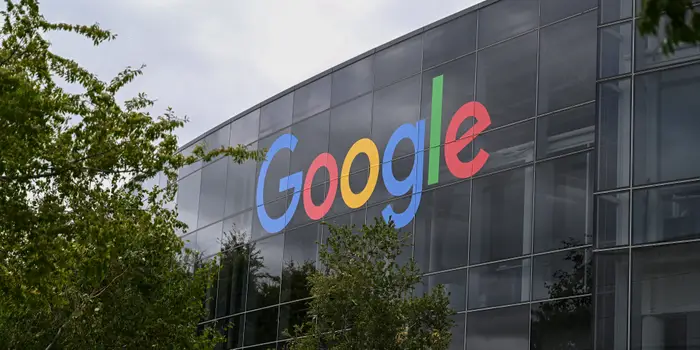Landmark Settlement in State-Led Data Privacy Case
Google has agreed to a $1.375 billion settlement with the state of Texas to resolve two major lawsuits accusing the tech giant of unlawfully collecting and storing users’ personal data — including sensitive location history, voiceprints, and facial geometry — without obtaining proper user consent.
Accusations of Invasive Tracking Practices
The lawsuits were originally filed in 2022 by Texas Attorney General Ken Paxton. They alleged that Google had violated state-level privacy and consumer protection laws by continuing to track users’ locations even after they disabled location settings and by misleading users with Incognito mode’s privacy claims.
“For years, Google secretly tracked people’s movements, private searches, and even their voiceprints and facial geometry,” said Paxton. “In Texas, Big Tech is not above the law. I fought back and won.”
Biometric Data Collection Under Scrutiny
Beyond location data, the lawsuits raised serious concerns about biometric information being harvested through services like Google Photos — including the use of facial recognition and voice pattern analysis — allegedly without users’ informed consent.
This echoes a similar case involving Meta (formerly Facebook), which resulted in a $1.4 billion settlement with Texas last year over the unauthorized collection of facial recognition data.
READ MORE: The Fiercest Aerial Battle of the 21st Century: Pakistan vs. India
No Admission of Guilt, No Product Changes Required
Despite the record-breaking settlement, Google has not admitted to any wrongdoing. Furthermore, the agreement does not require the company to alter its current products or privacy practices.
A spokesperson for Google, José Castañeda, said the company was “pleased to resolve these old claims,” adding, “This agreement allows us to move forward and continue building robust privacy controls into our services.”
A Watershed Moment for State-Led Tech Regulation
This $1.375 billion settlement is considered the largest privacy-related settlement ever secured by a U.S. state against a tech company. It underscores a growing trend of state attorneys general holding Big Tech accountable for how they handle personal data — especially when it comes to misleading privacy settings and biometric surveillance.




